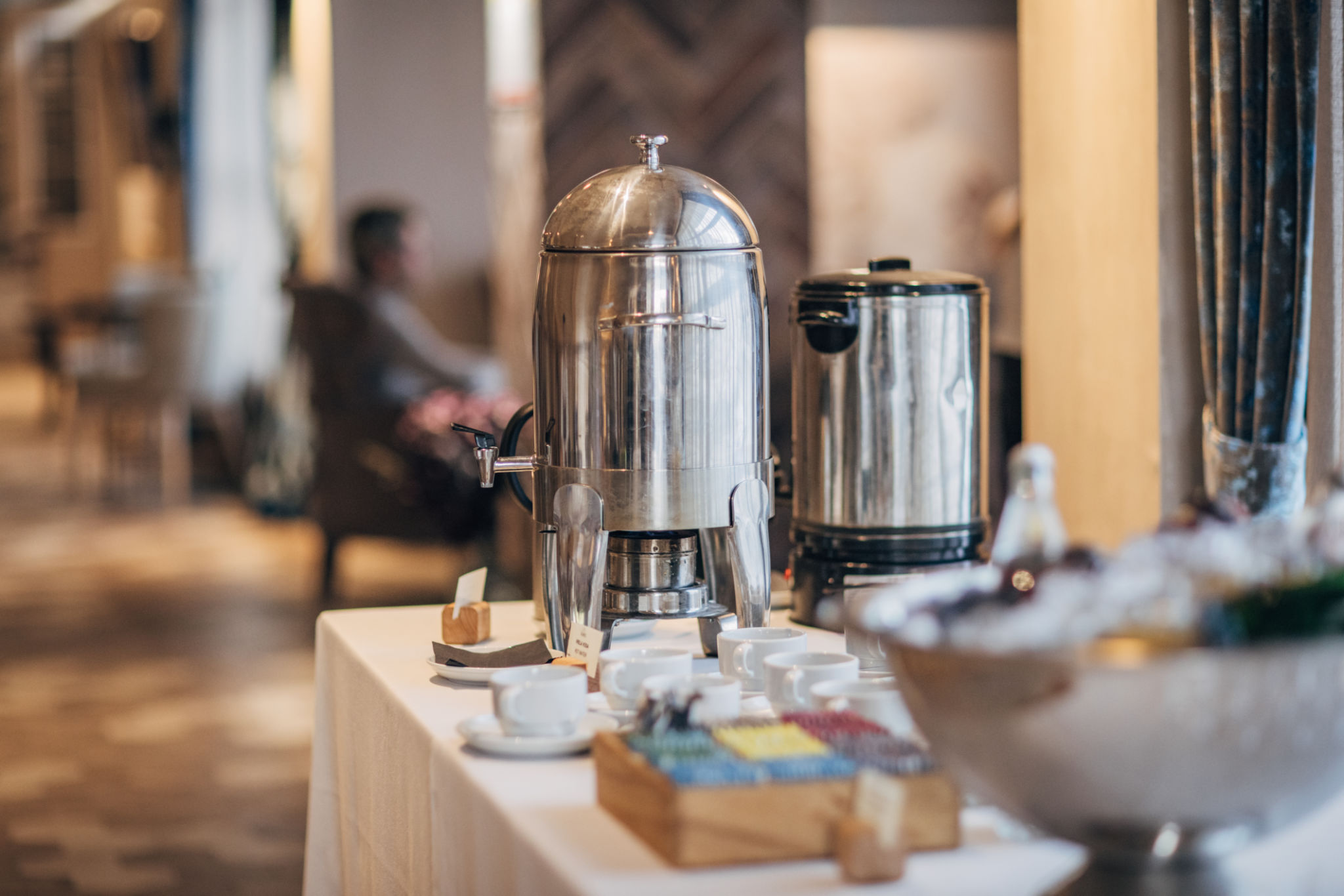Choisir le Bon Emplacement pour Votre Événement
Understanding Your Event's Needs
Choosing the right location for your event is crucial to its success. The venue sets the tone and can significantly impact the overall experience for your attendees. To start, you need to understand the specific requirements of your event. Consider the type of event you're hosting—whether it's a corporate meeting, a wedding, or a community gathering—as each will have distinct needs.
Think about the number of attendees you expect and the type of facilities you require. Some events may need ample space for exhibits or presentations, while others might prioritize ambiance and aesthetics. Understanding these nuances will help you narrow down potential venues.

Location and Accessibility
The accessibility of the venue is another critical factor. Ideally, the location should be convenient for the majority of your guests. Consider venues that are centrally located or easily accessible via public transportation. If many attendees are traveling from out of town, proximity to airports or major highways can be beneficial.
Additionally, think about parking facilities and accommodations for guests with special needs. A venue that is easy to find and reach will ensure a smooth start to your event, reducing stress for both organizers and attendees.
Budget Considerations
Budgeting is a crucial aspect of event planning. It's essential to find a venue that fits within your financial constraints without compromising on quality. Be sure to account for not just the rental fee, but also any additional costs such as catering, equipment rentals, and decorations.

Many venues offer packages that include various services, which can be more cost-effective than booking each separately. However, always read the fine print and ensure there are no hidden fees that could inflate your budget unexpectedly.
Amenities and Services
The amenities and services provided by a venue can greatly enhance the attendee experience. Check if the venue offers in-house catering, audio-visual equipment, and Wi-Fi connectivity. These services can simplify logistics and reduce the need for outside vendors.
Furthermore, having professional staff on-site who are experienced in handling events can alleviate many potential issues. Their expertise can be invaluable, especially during unforeseen circumstances.

Ambiance and Style
The atmosphere of your chosen venue should align with the theme and tone of your event. For formal events, elegant ballrooms or conference centers might be appropriate, while a rustic wedding might benefit from a charming barn or vineyard setting.
Consider how the venue's decor complements your vision for the event. Sometimes a beautiful view or unique architecture can add a special touch that enhances the overall experience for attendees.
Weather Contingencies
If you're planning an outdoor event, it's crucial to have a backup plan in case of poor weather conditions. Look for venues that offer indoor alternatives or tenting options to ensure the event can proceed smoothly regardless of weather.

Having a contingency plan will not only provide peace of mind but also demonstrate to your attendees that their comfort and enjoyment are top priorities.
Finalizing the Venue Choice
Once you have considered all these factors, it's time to make a decision. Schedule visits to potential venues to get a feel for the space and discuss your needs with the venue managers. Seeing the venue in person can provide insights that photos and descriptions cannot convey.
Remember to book well in advance to secure your preferred date, particularly during peak seasons when demand for popular venues is high. With careful planning and consideration, you can choose the perfect location that will leave a lasting impression on all your attendees.